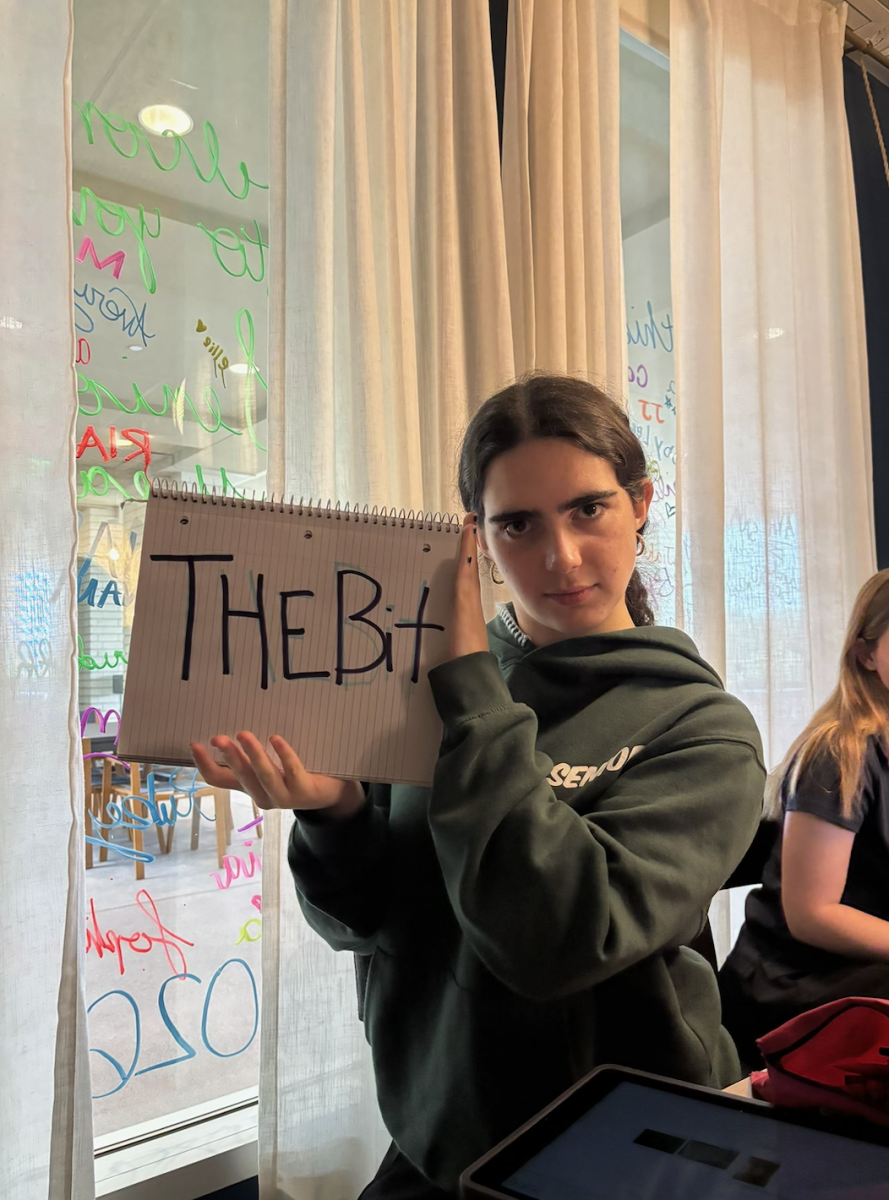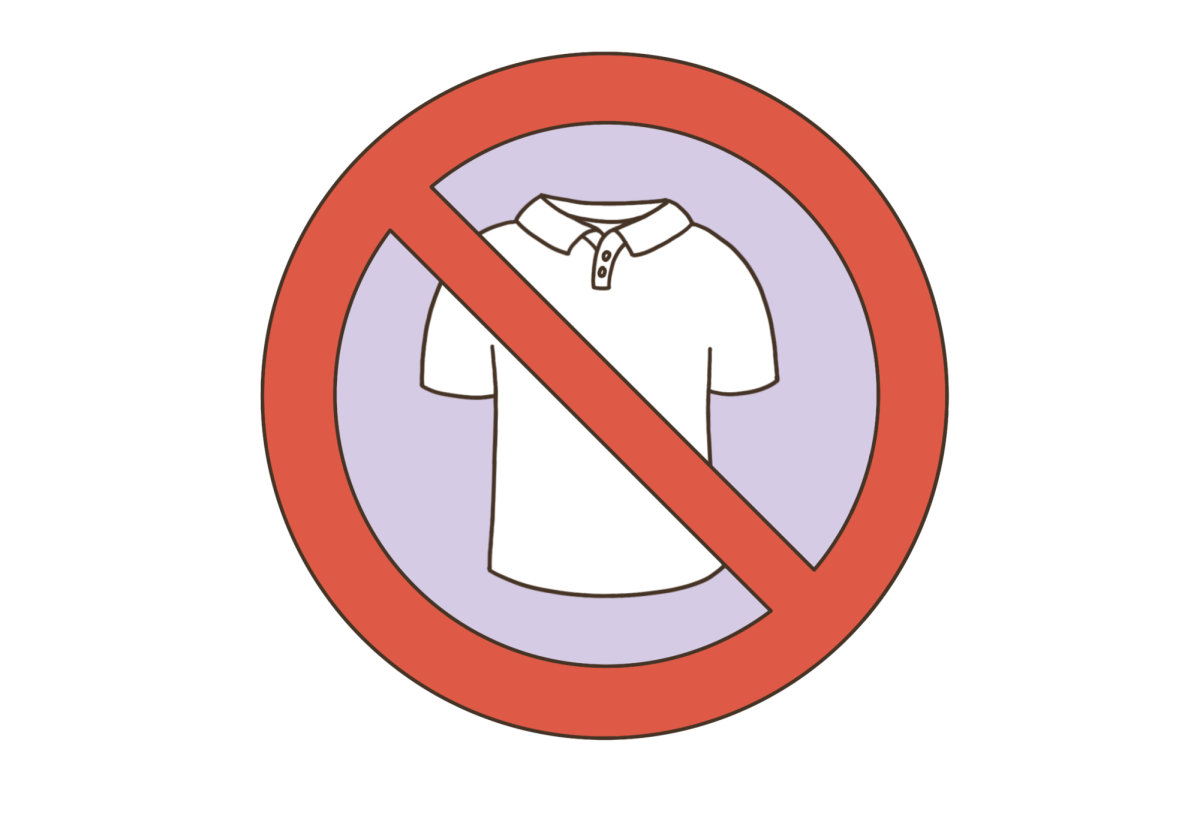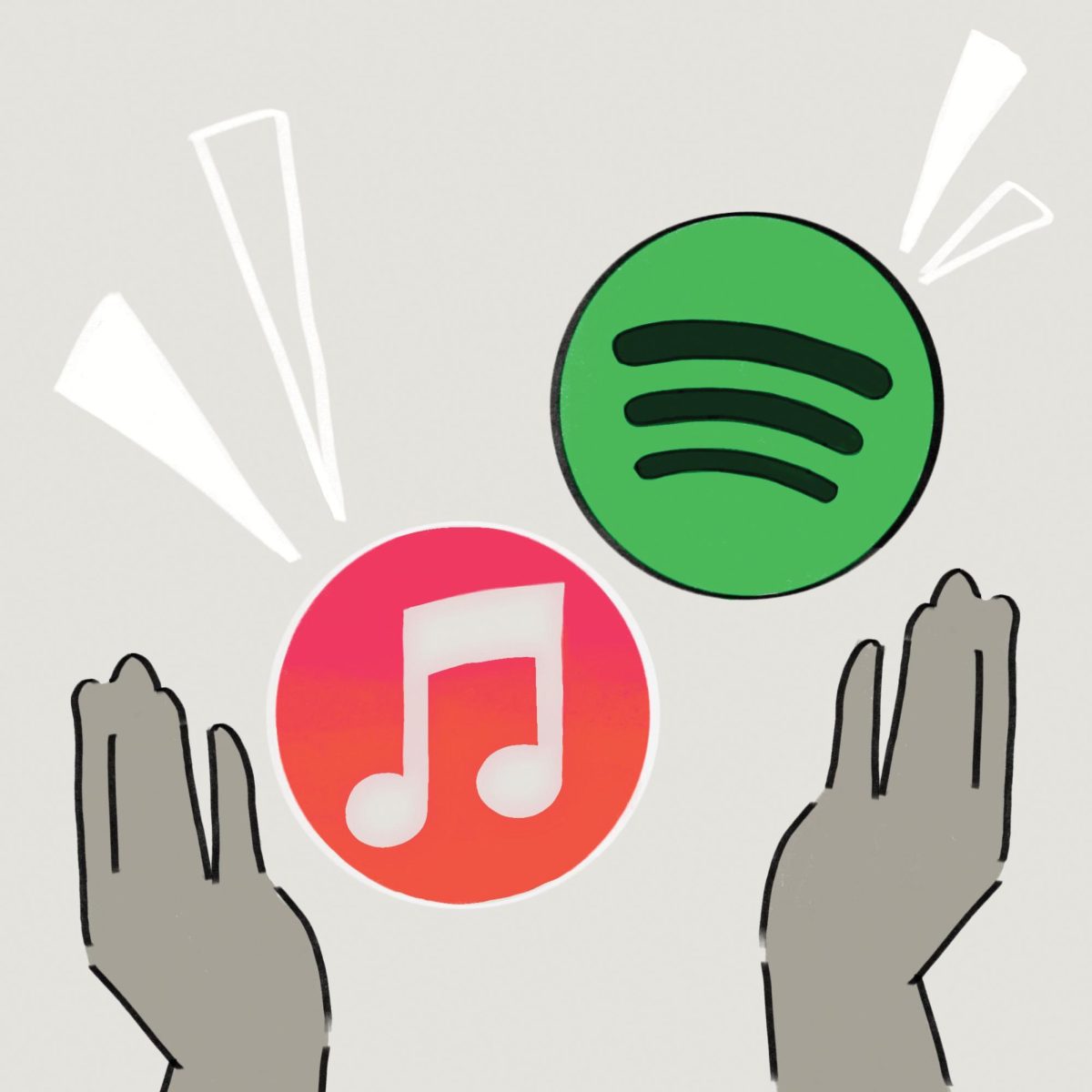Who hasn’t seen little kids fight to get their fair share – the bigger piece of cake, the larger half of a cookie, the better-flavored lollipop? Well, it turns out that Capuchin monkeys do the same thing. Animals understand the concept of inequality. In an experiment, two Capuchin monkeys were placed in transparent cages next to each other, and they first received a cucumber as a reward for a simple task. Next, one monkey received a cucumber while the other monkey got a grape, which they like much more. The monkey that received the cucumber complained loudly and tossed it out of the cage. A cucumber that was perfectly satisfactory moments before now paled in comparison to the grape. This is one of the many fascinating experiments described by Frans De Waal in his 2019 book, “Mama’s Last Hug: Animal Emotions and What They Tell Us about Ourselves.”
What follows is a compelling account of the inner world of animal emotions and their uncanny similarities to human emotions. It may not be surprising to learn that primates and elephants have human-like qualities, but the similarities run far deeper into the animal kingdom. Rats laugh when tickled, shore crabs remember experiences that have caused them pain and avoid similar situations in the future and fish recognize each other individually.
One of the more amusing and interesting parts of “Mama’s Last Hug” is how De Waal uses animal behavioral patterns to explain elements of human politics. De Waal analyzes President Trump’s body language during the 2016 Presidential Debates by comparing it to that of alpha males in Chimpanzee societies. The tantrum behavior displayed by Nixon and Steve Balmer (the head of Microsoft) also mimicked that of chimps.
As a decade-long vegetarian, I particularly enjoyed the portrayal of vegetarianism from the perspective of a primatologist. De Waal believes that it is not theoretically immoral to eat animals, but disavows the treatment of animals in factory farms.
“Mama’s Last Hug” was a fascinating book that opened my eyes to the complexity of animal emotions, narrowing the gap between human beings and other animals. π










